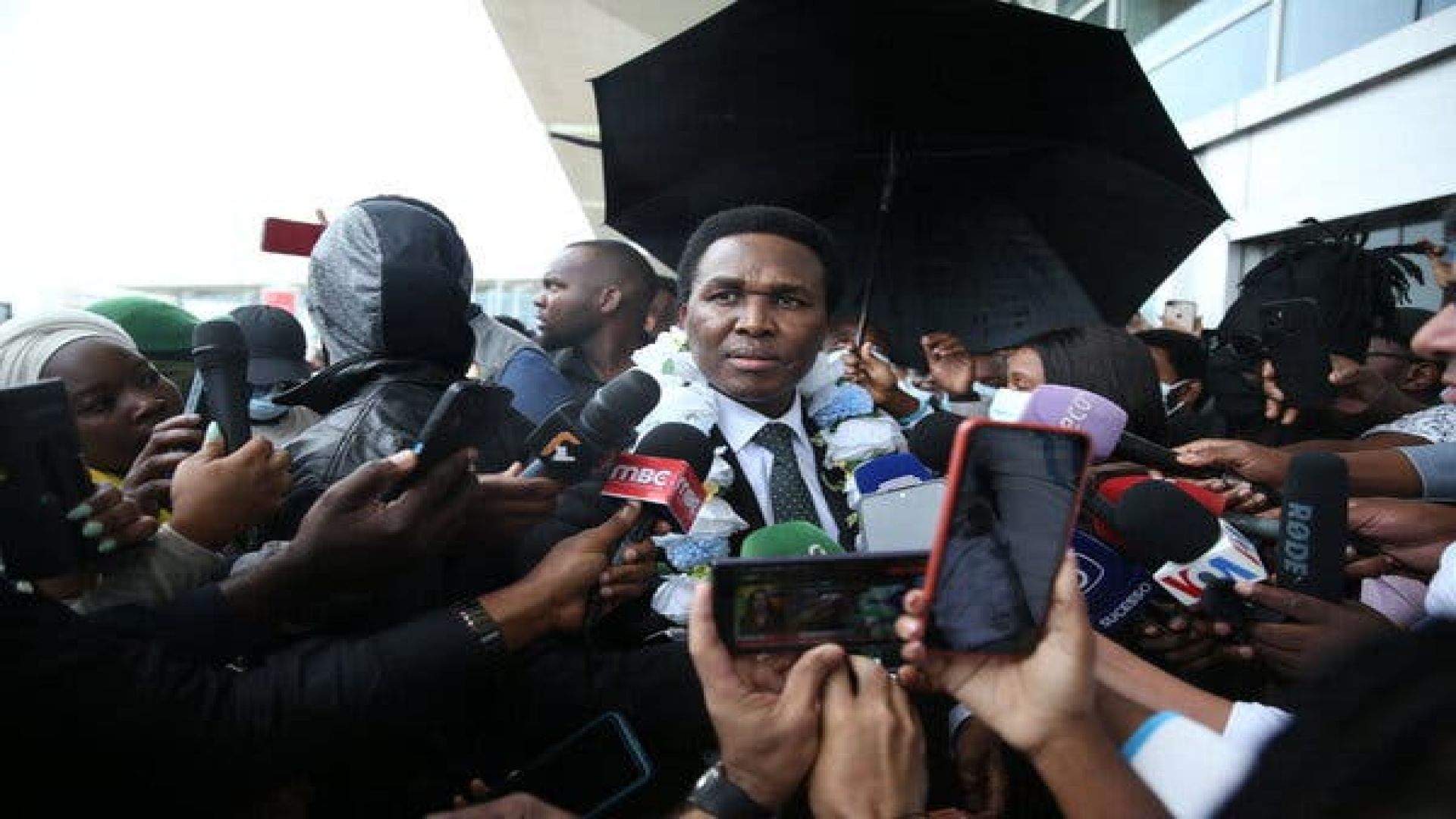Opposition leader Venâncio Mondlane’s dramatic return to Mozambique signals continued unrest following the contested October presidential election, where Frelimo candidate Daniel Chapo was declared the winner with 65% of the vote. Mondlane, who garnered 24% in the official tally, disputes the results, citing election irregularities confirmed by independent observers. His claims have ignited violent protests, with at least 250 deaths attributed to a heavy-handed police response. Returning to Maputo after months in exile, Mondlane vowed to fight for what he calls his rightful presidency, rallying thousands of supporters and decrying Frelimo’s decades-long grip on power.
Mozambique, a nation rich in minerals and gas but plagued by economic instability and insurgency, finds itself at a crossroads. The government, under international scrutiny, faces mounting pressure to resolve the political deadlock while addressing systemic corruption and rising discontent. Regional mediators, including South African envoys, have sought to broker dialogue, though Mondlane’s exclusion from key discussions raises questions about the legitimacy of these efforts.
Mondlane’s populist rhetoric, promising to “return the country to the people,” resonates with Mozambique’s youth and working class, frustrated by unemployment, inequality, and mismanagement. His alignment with far-right figures abroad, such as Brazil’s Jair Bolsonaro, has drawn criticism, though domestic supporters largely overlook these affiliations in favor of his proposed reforms, including large-scale housing initiatives and business financing for women and youth.
The political crisis in Mozambique highlights a broader trend in global politics where contested elections, social inequality, and dissatisfaction with entrenched power structures spark unrest. Similar dynamics can be seen in nations like Brazil, Zimbabwe, and Myanmar, where populist movements challenge established regimes. As Mozambique grapples with its precarious future, its experience underscores the need for transparent governance and inclusive political dialogue to address the roots of instability and restore public trust.


